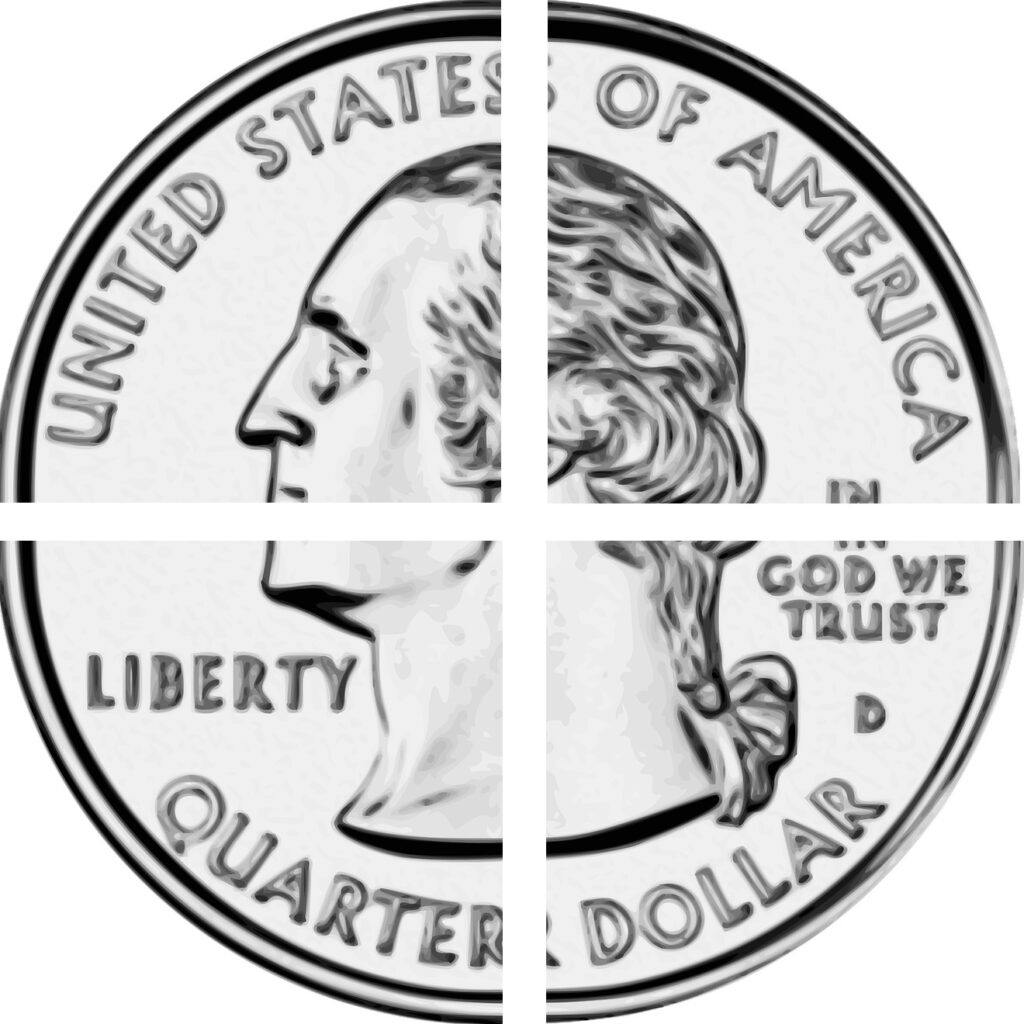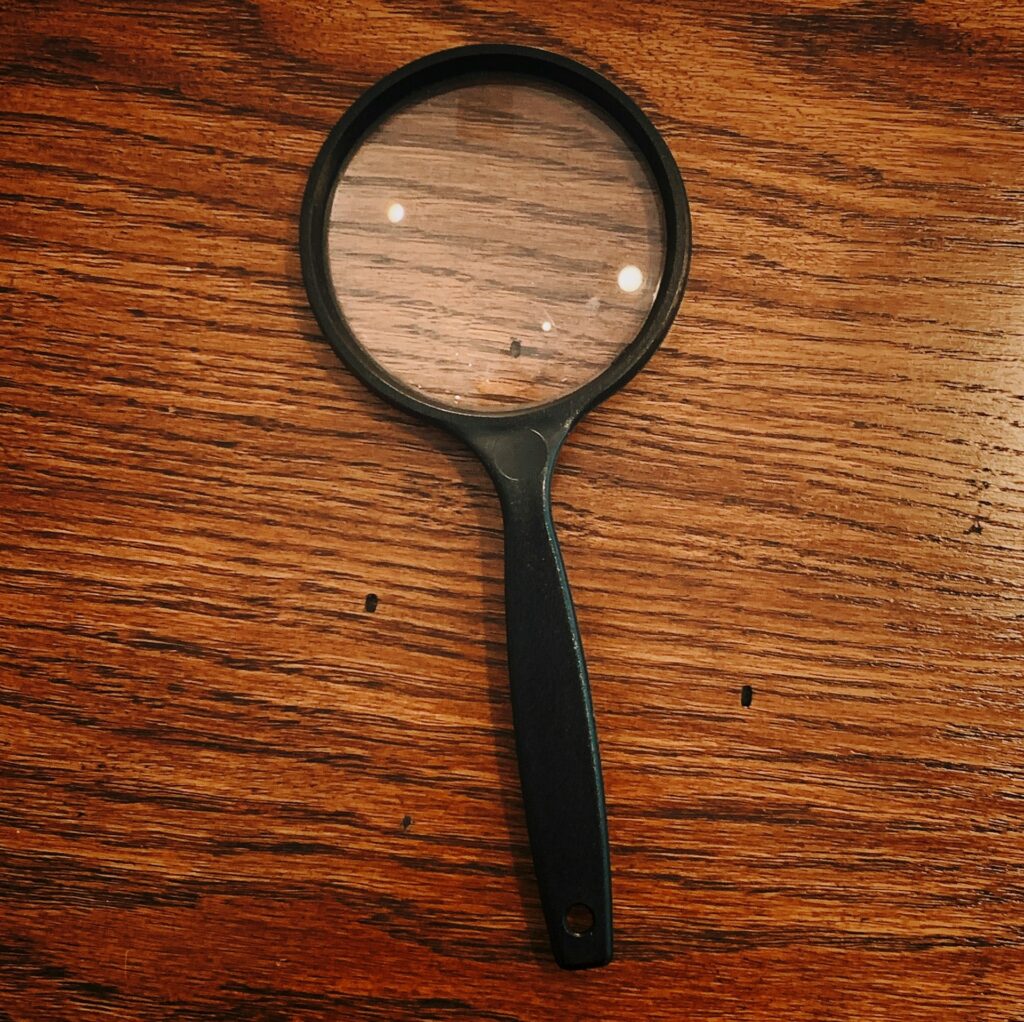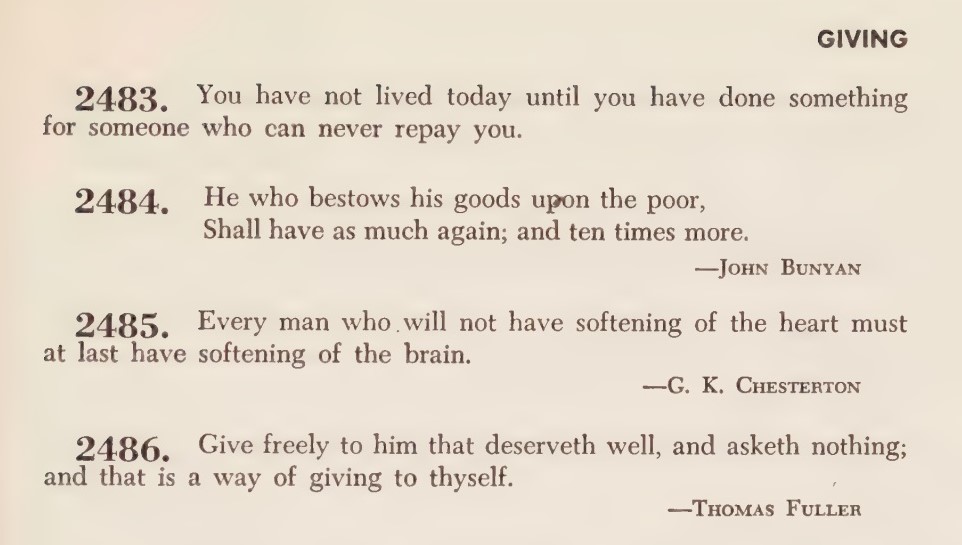Mark Twain? Albert Bigelow Paine? Caroline Thomas Harnsberger? Apocryphal?

Question for Quote Investigator: A famous author once suggested that humankind was not generating any genuinely new ideas. The author illustrated this viewpoint via a clever simile. Ideas were like pieces of colored glass in a kaleidoscope. The ideas which appeared to be new were only configurations of old ideas obtained by twisting the kaleidoscope.
This notion has been attributed to Mark Twain, but I have never seen a citation. Would you please help?
Reply from Quote Investigator: In 1906 Mark Twain (pseudonym of Samuel Clemens) traveled to Washington D.C. to testify before Congress in favor of extending the length of copyright ownership for authors. Twain traveled by train with several friends including Albert Bigelow Paine who later became Twain’s biographer and literary executor. During the journey Twain spoke about ideas to his companions. Boldface added to excerpts by QI:1
On the trip down in the dining-car there was a discussion concerning the copyrighting of ideas, which finally resolved itself into the possibility of originating a new one. Clemens said:
“There is no such thing as a new idea. It is impossible. We simply take a lot of old ideas and put them into a sort of mental kaleidoscope. We give them a turn and they make new and curious combinations. We keep on turning and making new combinations indefinitely; but they are the same old pieces of colored glass that have been in use through all the ages.”
Twain died in 1910. The passage above appeared posthumously in 1912 within the third volume of “Mark Twain: A Biography: The Personal and Literary Life of Samuel Langhorne Clemens” by Albert Bigelow Paine.
Below are additional selected citations in chronological order.
Continue reading “Quote Origin: There Is No Such Thing as a New Idea. We Simply Take a Lot of Old Ideas and Put Them Into a Sort of Mental Kaleidoscope”








